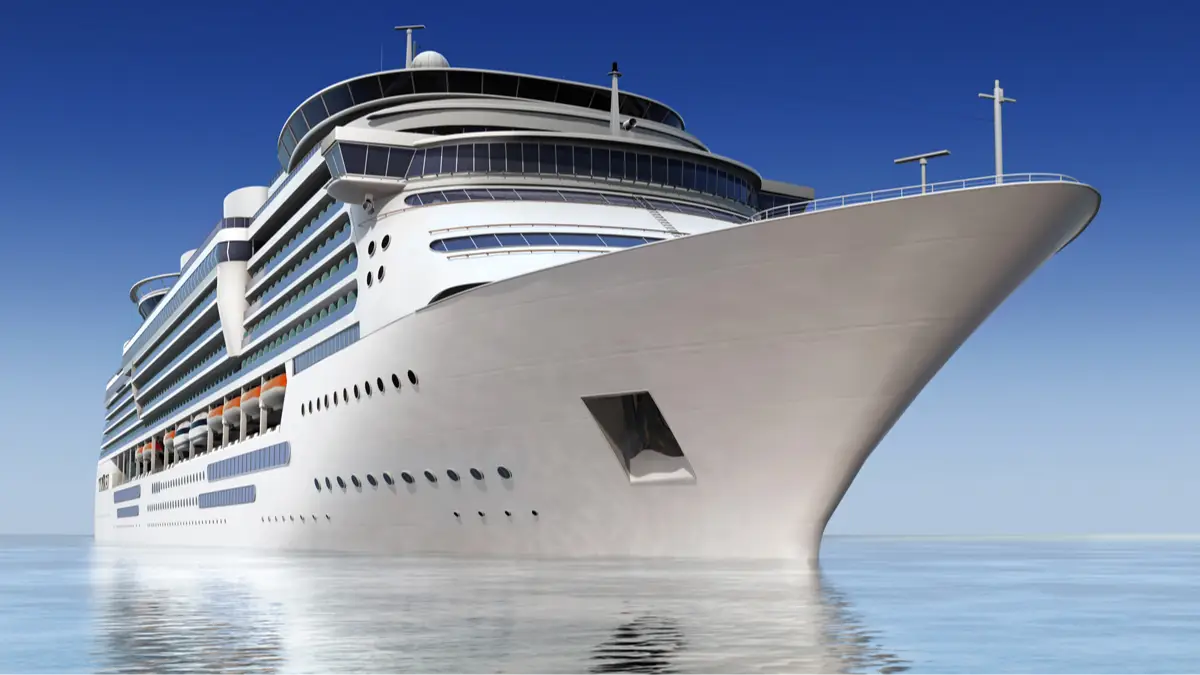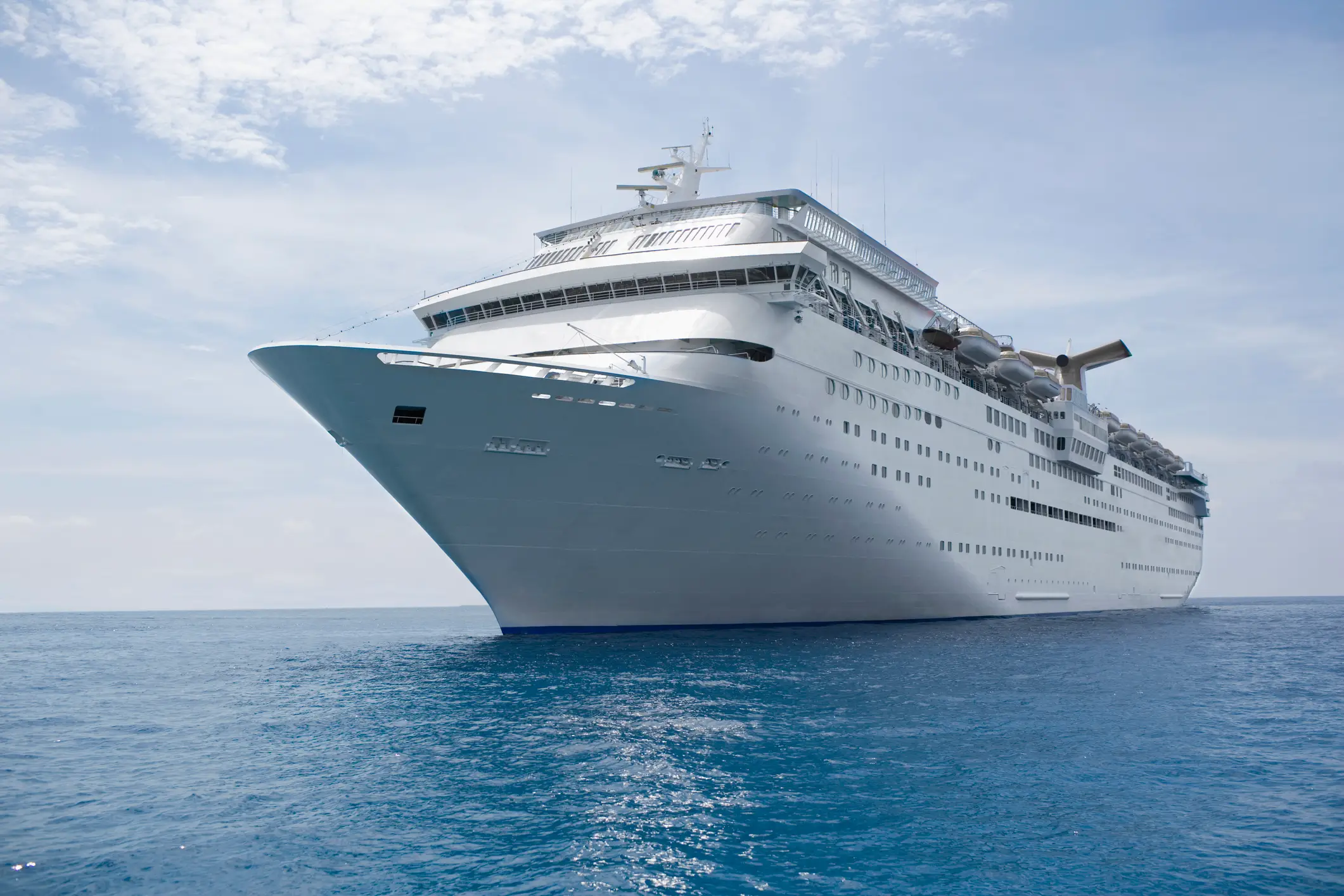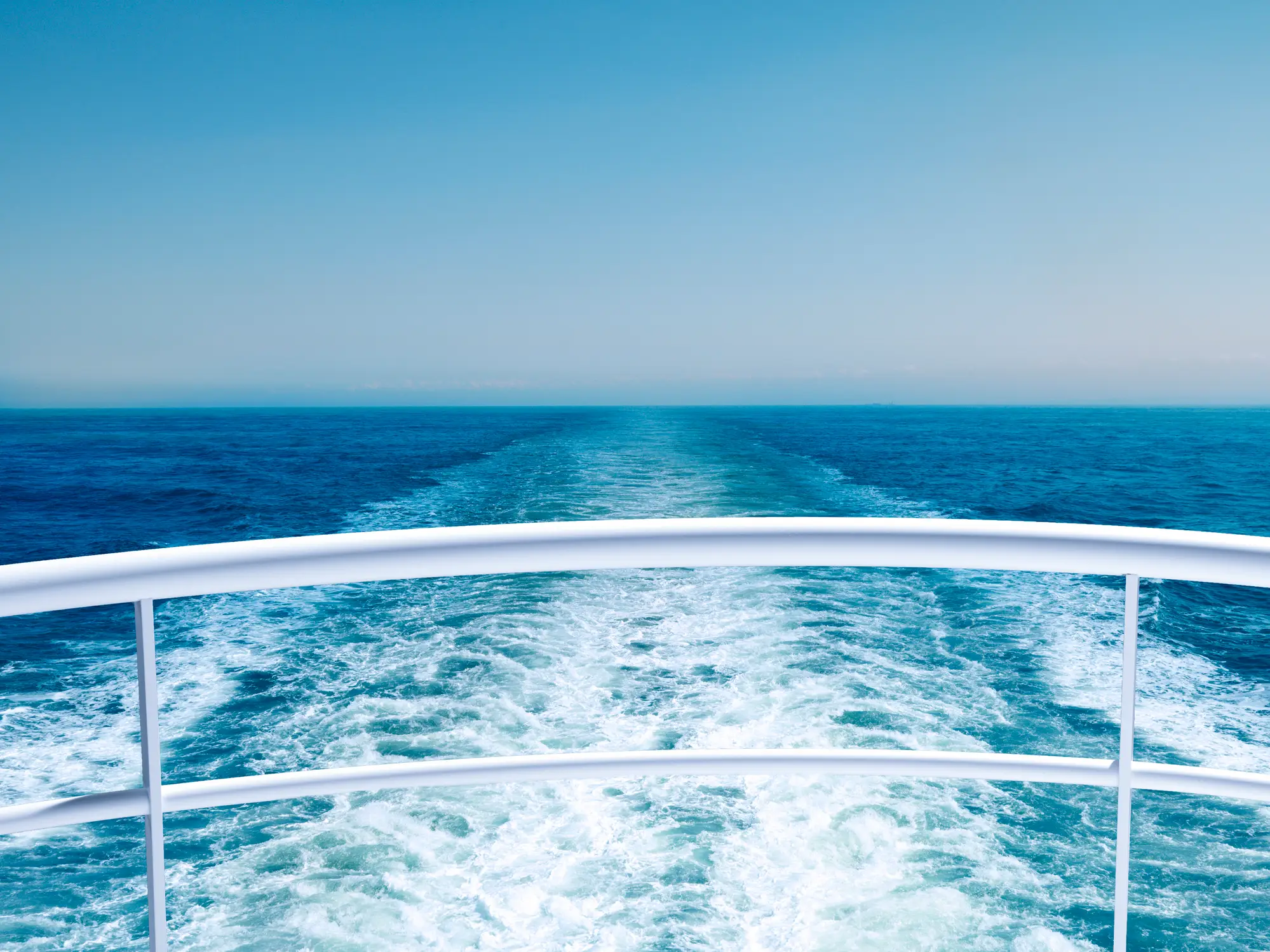
It's probably not something you want to think about when you're about to head off on a dreamy cruise holiday.
But did you know that most cruise ships are required to have a morgue onboard?
Some of the bigger cruise ships can hold over 6,000 passengers, while the average tend to carry around 3,000.
While it's not very pleasant to think about, cruise ships are actually required to have a morgue onboard, and there's a disturbing reason why.
Where is the morgue?
The morgue is usually a small, refrigerated room at the lowest part of the ship, and according to The New York Times, it holds between two and 10 bodies.
Advert
While the number of people who die on cruises is low, in comparison to how many travel every year, it does happen, and arrangements must be in place for storing a body until it can be removed from the ship.

Usually, if a death occurs, the body is moved to the morgue, before it is taken off the ship at the next port.
In some cases, the body remains on board for the rest of the journey.
What happens if someone dies on a cruise ship?
According to the Independent, if you're on a cruise ship and you hear the crew say the phrase 'Operation Bright Star', it means there is a medical emergency.
Meanwhile, 'Operation Rising Star' means a passenger has sadly passed away.
If a passenger has died, the captain is informed and medical teams on land will also be informed.
Speaking to CNN, cruise ship doctor, Dr Aleksandar Durovic, has explained the protocol.
"It’s a job full of stress and responsibility. The medical side can be very demanding," he said.
"Most of what we do on big cruise ships is emergency services, like in an ER. But we are also general practitioners for crew, and take care of chronic medical needs."
Dr Durovic explained that sometimes, medical teams on land come onboard the ship if a person has passed away.
"They decide what to do. Sometimes medical examiners will come onboard, and take the body for an autopsy. It depends case by case," he said.
"Obviously the doctor pronounces the death, but for most medical teams, the person is given some respect. There’s a moment of silence before the body is prepared.
“It’s not a nice feeling for the whole ship. Ships are supposed to be fun places, for people to enjoy their vacation. Any event like that is really stressful for everyone — but at least we [medics] have training.”

Dr Durovic explained that respiratory problems can often be the biggest medical problems onboard, but other vascular diseases are also common.
“Respiratory problems are the main thing, but anything can arise,” he said.
“Heart attacks, heart failure, cardiac arrest. Strokes, injuries, fractured bones, spine injuries and head injuries. It’s similar to any ER around the world, and some ships can be very busy.”
Topics: Cruise ship, Health
